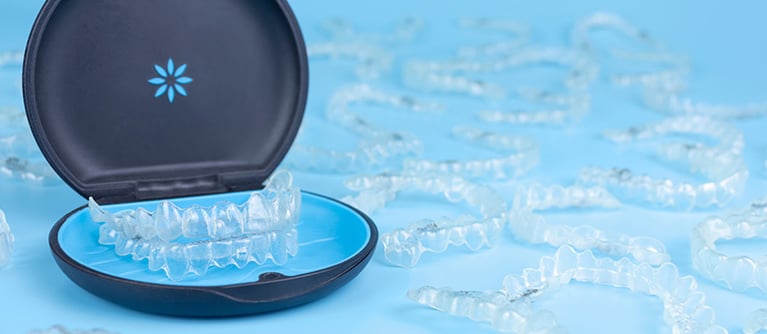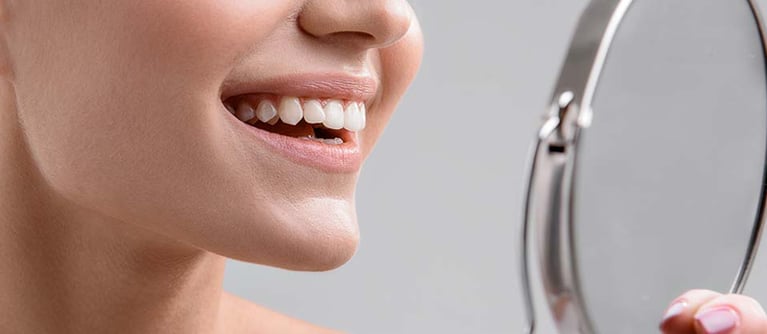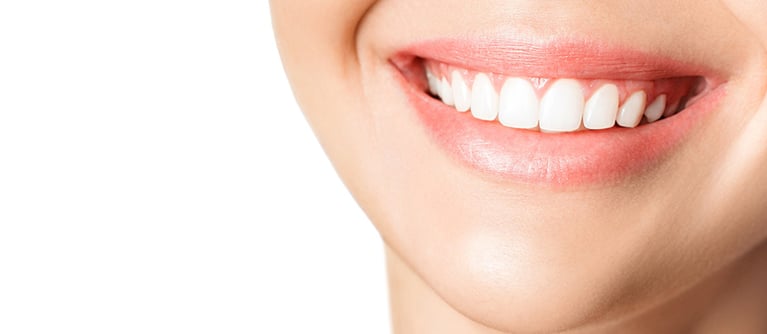Before the Procedure
Your dentist will start with a thorough examination of your mouth. This includes checking your gums, any remaining teeth, and jaw structure. They'll take X-rays to get a clear picture of your oral health.
Next, you'll discuss your options. There are different types of dentures, such as full or partial, and your dentist will help you choose the best one for your needs.
Impressions of your mouth are then taken. These moulds are used to create your custom dentures. If you need teeth extracted, this will be planned as well.
During the Procedure
If you're having teeth removed, this is usually done first. Your dentist may give you immediate dentures to wear while your gums heal.
For the actual denture fitting, your dentist will place the dentures in your mouth and make any needed adjustments. They'll check your bite and the fit of the dentures, making sure you’re comfortable with them.
You might need several appointments to get the fit just right. Don't hesitate to speak up if something feels off - your comfort is our priority!
After the Procedure
Wearing new dentures takes some getting used to. For the first few days, you should try to wear your denture as long as possible. You might feel some discomfort at first, but this should ease over time.
Your dentist will give you care instructions that include how to properly clean your dentures, when to wear them, and what foods to avoid initially while you’re still trying to get used to them.
Regular check-ups are important, as your mouth changes over time, and your dentures may need adjustments to ensure a comfortable fit.
Remember, it's normal to need time to adjust to speaking and eating with your new dentures. Be patient with yourself and follow your dentist's advice to make the experience more comfortable for you.
.png?width=2223&height=447&name=Background%20(4).png)

.svg)
.svg)
.svg)
.svg)
.jpg)
.jpg)






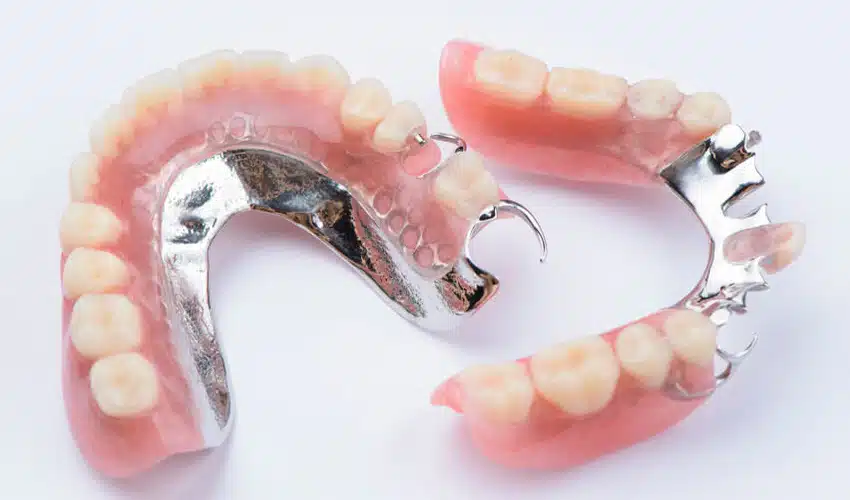
.jpg)
.jpg)
.jpg)

.png)

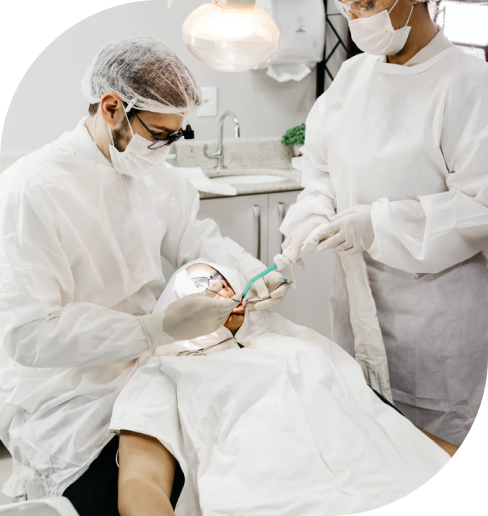
.png)

.png)






